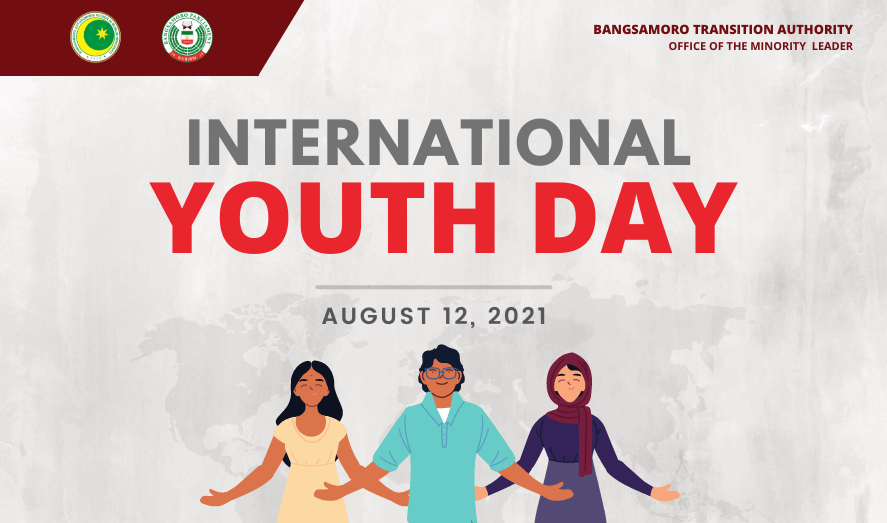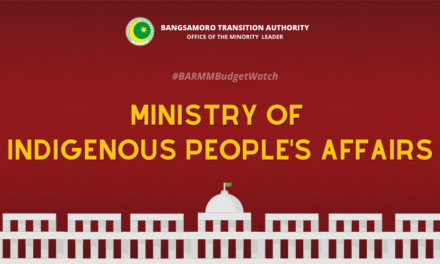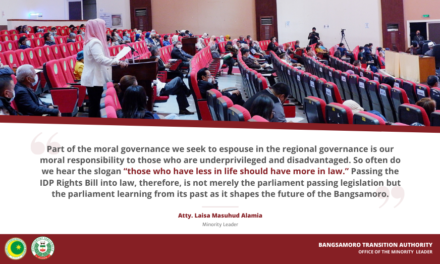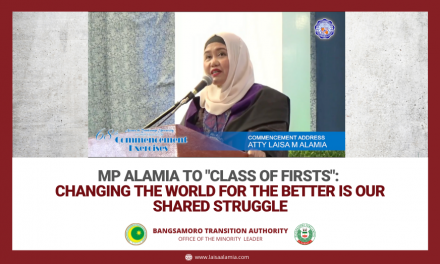In a constantly changing world, the youth often bears the expectation of taking action towards shaping the future. This year’s theme for International Youth Day, “Transforming Food Systems: Youth Innovation for Human and Planetary Health,” reminds us of the youth’s role in poverty reduction, health care, and climate change mitigation, as we work towards a world where food security is a reality for all.
The pandemic has tested the youth’s promise and they have stepped up to the challenge. Community pantries have been established all over the country because of a young woman who recognized the need for relief and aid in her neighborhood. Prior to the rise of these pantries, youth groups in different cities have established community farms in urban poor communities while others have organized month-long feeding programs for frontline healthcare workers, especially in those cities most ravaged by Covid-19.
In recent years, youth participation in the health and social sector of the Philippines has also increased remarkably, as youth employment rates doubled between the years 2005 and 2015. Many of the frontline health workers currently bearing the brunt of the pandemic are young professionals in their respective fields.
This vast influence and participation of the youth in our nation’s affairs need to be acknowledged and affirmed by our efforts in government through policy and programs that respond to their needs. We have seen how consistently the youth have answered the call of their communities, and we need to match their efforts in ways that will support not only their efforts but also the basic needs of their communities.
In the Bangsamoro where displacement continues to be a major concern, we need to pass legislation that secures the rights of internally displaced peoples. We also need to institutionalize transitional justice mechanisms that respond to the concerns of post-conflict communities to build a future where our youth is assured of just and lasting peace. As a transitional government, we need to take action in ways that will not only impact our current conditions but also the future. Only then can we best serve our youth who will eventually take on the reins of leadership in service of the people.








